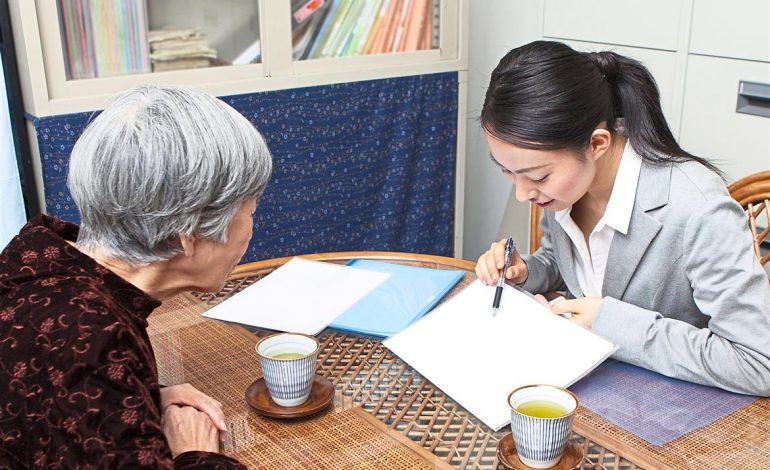PETALING JAYA | Don’t overlook people past their retirement age if your company is looking for an employee but is unwilling to spend time and money to train him or her for the job.
 That’s the advice given by post-retirement job specialist Jasmin Amirul Ghani.
That’s the advice given by post-retirement job specialist Jasmin Amirul Ghani.
“Employers tend to forget that a retiree comes with 30 to 40 years of experience,” she told FMT. “You don’t need to train them. They can hit the ground running.”
She said her company had found that many retirees were willing to go back to work and able to start immediately.
Among the advantages of hiring them, she added, was that they would have built relationships and networks in their specific industries and many did not mind working for salaries below the amounts they used to draw because they could do without the stress attached to high job expectations.
She said it would also be worthwhile for employers to consider retirees when looking for seasonal workers or trying to address contingencies.
“Sometimes, you may need someone only for a peak period or to replace an employee on maternity leave, for example. Retirees, when hired for the right role, can take over immediately.”
She complained that many employers needed a shift in their thinking to see the benefits of hiring senior citizens, saying such a shift was becoming necessary since the number of old people is expected to rise in the next decade.
“You want seniors to be self-sufficient and to be able to contribute to the economy,” she said.
Jasmin disclosed that her company was working with the human resources ministry on a survey among employers to find out their concerns over hiring senior citizens. So far, responses have been collected from about 600 respondents.
She said the survey had found that the human resources divisions of companies were more open to hiring retirees than their business and management divisions. Human resources personnel tended to be more supportive of such ideas as diversity and workplace inclusiveness, she added.
She attributed the resistance shown by the other divisions to the perception that old people were slow and not used to the demands of a modern workplace.
“But what they don’t see are their skills and experience and that they’re willing to learn,” she said.
The composition of citizens aged 60 and above rose from 10% of the population in 2018 to 10.3% this year.
According to the National Senior Citizens Policy, the country will be said to have an ageing population when the composition is 15% of the population.
Malaysia is expected to have an ageing population by 2030.








